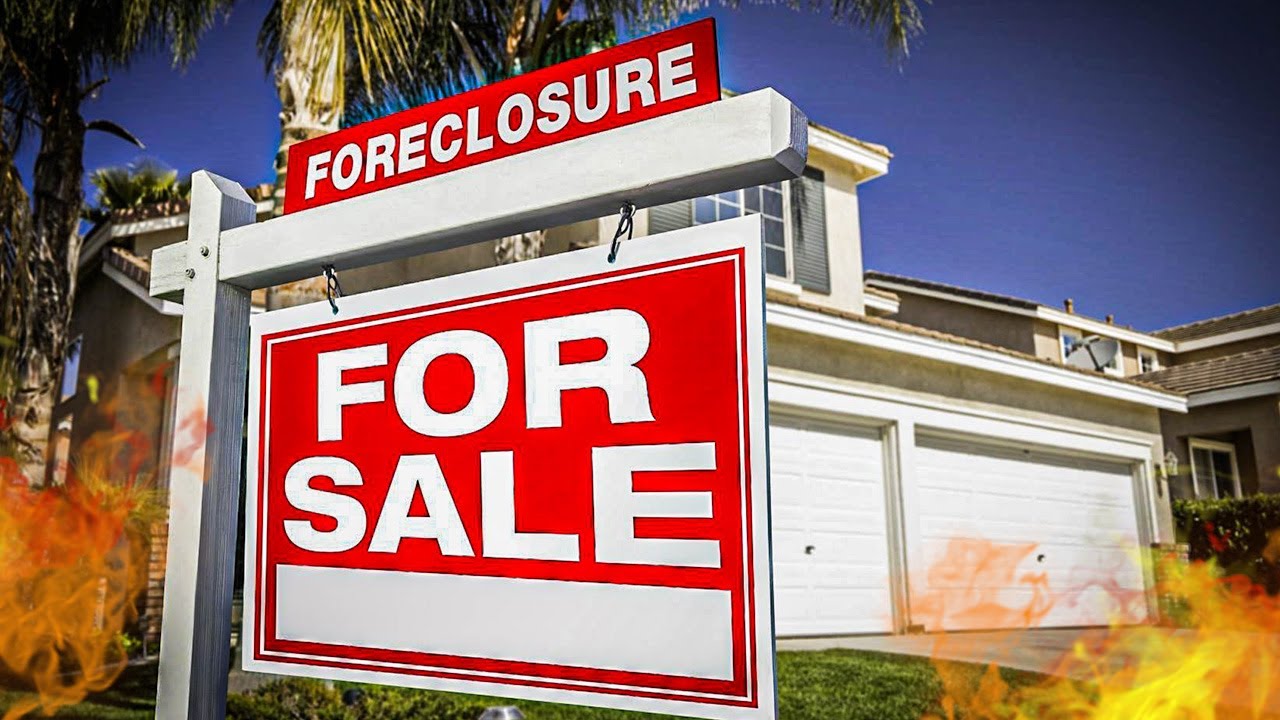Housing Hell Is Worsening | The 2023 Housing Market Crash.
Unleash Your Creative Genius with MuseMind: Your AI-Powered Content Creation Copilot. Try now! 🚀
In the world of real estate, the current buzz is all about the housing market. But amidst the excitement, it's crucial to dissect what's really going on – and there's an alarming notion making rounds that you need to be aware of.
The Misleading Advice
Let's kick things off with some thought-provoking insights from a Bloomberg journalist. They've brought up a concern that's gaining momentum in the real estate industry. It's the idea that potential home buyers are being told to "marry the house and date the rate." In other words, don't hesitate to commit to a house right now, with the reassurance that you can always refinance when interest rates drop.
Does this sound eerily familiar? It should, because it harks back to the ill-fated advice prevalent in 2006 and 2007 – the idea that, as long as you can manage the payment for the next year, you can always refinance at a lower rate. But let me tell you, this is a perilous notion. Purchasing a property with the assumption that you can simply refinance later is a high-stakes gamble.
As someone who offers financial advice (though not personalized), I can't stress enough how risky it is to embark on a home-buying journey with the expectation of refinancing in the future. The real question here is, should you really bet your financial future on such a gamble?
The Flawed Logic of Refinancing
The Bloomberg article continues to unravel the flawed logic behind this advice. While the industry suggests that refinancing makes sense even if rates drop by as little as half a percent, the reality is far more complex.
When you decide to refinance, it's not as simple as snapping your fingers and magically obtaining a lower interest rate. As someone with experience in real estate transactions, I can attest to the hurdles that come with refinancing. You'll have to undergo a new appraisal, pay escrow and title fees, and cover loan costs, including discount points. These points allow you to buy down your interest rate or opt for a higher rate. The strategy depends on the duration of your loan. Generally, buying down the rate is only worthwhile if you plan to keep the loan for more than seven years.
The Hidden Costs of Refinancing
The costs associated with refinancing can quickly add up. You'll need to budget for escrow and title fees, loan fees, and, crucially, another appraisal. This last point is where things get tricky for many homebuyers.
First-time homebuyers often make median down payments of just seven percent, while repeat buyers typically put down only thirteen percent. This means that if you initially put down, say, five percent, and later want to refinance with a new five percent down loan, a mere five percent decline in home values would wipe out your equity. And who determines the current value of your home for a refinance? It's not you, but a third-party appraiser who can be conservative in their valuation if they perceive a downward trend in the housing market.
Anecdotally, I've observed that refinance appraisals almost always come in lower than purchase appraisals. There's an industry push to get people into homes when they're buying, but when it comes to refinancing, appraisers tend to be more cautious. So, don't count on refinancing as a straightforward escape plan.
The Storm Clouds on the Horizon
Now, let's discuss the elephant in the room – rising mortgage rates. The expectation is that mortgage rates will plummet once inflation is under control. But how close are we to conquering inflation? Mortgage rates paint a different picture.
Rates have been fluctuating at relatively high levels, with no guarantee of an imminent decline. Betting on lower rates is a risky gamble. The combination of fees, tougher appraisals, stagnant rates, and the possibility of falling property values presents a formidable challenge for those banking on refinancing as their salvation.
Facing the Reality
The reality is that the housing market is more volatile than it may seem at first glance. It's not just about low inventory; it's about the larger economic context. Real estate is a local game, but the national trends do matter. According to Redfin data, U.S. home prices are experiencing their first year-over-year drop since 2012. The only thing keeping the market afloat right now is low inventory.
But, remember, the market dynamics can change rapidly. Institutional liquidations and the surge in inventory during the spring could flip the script. However, the worst-case scenario would be if real estate prices remain stagnant, rates stay high, and fear coupled with increased inventory drives prices down even further.
So, if you're entering the real estate market with dreams of securing a property and refinancing your way to financial success, be cautious. This might not be the golden ticket it seems. Evaluate the local real estate market, monitor the Federal Reserve's moves, and consider the larger economic context.
The world of real estate is a thrilling and ever-changing adventure, and the key to success lies in making informed decisions and understanding the bigger picture. Don't let the 'date the rate' myth lead you astray; navigate the housing market with your eyes wide open.

Related Recaps
- Out of Cruel Space #233 - HFY Humans are Space Orcs Reddit Story
- Allan, may napansin sa motor shop owner na sinugod | Juan For All, All For Juan | March 13, 2023
- Gluten-free, no flour! Only few-Minutes to prepare! Incredibly Easy to make!👌😋
- Assista à íntegra do Fala Moçambique | 02/05/2023
- Asbab Aur Tawakkul Ki 3 Qisme| Asbab Aur Tawakkul Me Kisko Lena Chahiye? Mufti Taqi Usmani Sahab DB|